(Published on April 23, 2018 by Stria News)
“If I have seen further, it is by standing upon the shoulders of giants.” –Sir Issac Newton
Innovation has become synonymous with the latest and greatest in technological advances. Technology is certainly helping advocates, service providers, family members and entrepreneurs improve how they collaborate with and support older adults. But beyond smart phones, applications, and voice-enabled devices, there is another approach that is too often overlooked. It is time to innovate through mentorship.
There is a growing cohort of young leaders in this country eager to build upon the hard work and dedication of seasoned leaders in the aging field. This emerging generation of leaders is acutely aware of how ill-equipped our nation is to provide aging adults with individualized and affordable healthcare, housing and transportation options. In fact, many of them have first-hand experience when it comes to caregiving; nearly a quarter of today’s caregivers are between the ages of 18 and 34. These leaders are beginning their careers in a country that will have 55 million people over the age of 65 by the year 2020. Many have become devoted to the aging field after forming meaningful relationships with their grandparents; not surprising as approximately 2.6 million children are currently being raised by a relative that is not a parent.
The benefits of mentorship have been exhaustively documented. Mentees experience increased self-esteem, higher job satisfaction and acquire important networking skills. And “reverse mentoring” means that the seasoned leader benefits as well by learning new skills, building a meaningful relationship and watching the professional growth of their mentee over time.
What are emerging leaders in the aging field looking for during the mentoring process?
To be asked about our experience. An effective mentor is one that encourages an ongoing dialogue instead of offering a one-sided lecture
To be invited into the room. Too often conferences and summits in this field are not intergenerational events. Consequently, sessions are not as rich in perspective and diverse experience as they could be
To learn how to actively listen to and collaborate with the true experts in this field: family caregivers, older adults and direct care staff
To be introduced to our mentor’s network as a valued colleague with a passion to learn
To be taken seriously. A mentor does not succumb to age specific stereotypes but values each mentee as a person with a unique skill set that can advance the field.
When I started my company three years ago, it was important that my mission statement reflect my belief in the power of working together across generations: “Helping build communities where aging is valued and interdependence leads to meaningful living for all.” The truth is, our society frequently favors independence over interdependence. But now, more than ever, is the time to work together to achieve lasting impact.
Emerging leaders cannot reach their full potential in this field without guidance from mentors who have worked tirelessly and gathered invaluable insights along the way. My company would not exist had it not been for the numerous mentors that encouraged my entrepreneurship and answered my questions as I pursued small business ownership.
I am inspired by organizations like Generations United, where I once worked as an intern, which makes it a daily priority to recognize and engage young leaders. From their staff to their board members and at their bi-annual conferences, the innovative power of intergenerational collaboration is harnessed to create positive results.
To all the potential mentors reading this today: We are here. We are ready. Are you?

